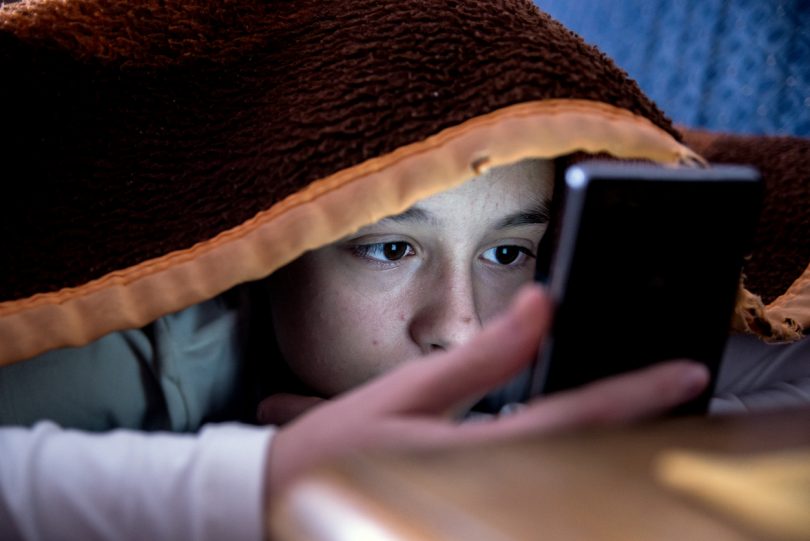
With so many internet platforms available to young people, incidences of online bullying are increasing. Photo: File.
In a shocking incident in September 2020, a 16-year-old boy was charged with murder after an 18-year-old man was stabbed at a skatepark in Weston in Canberra.
Police allege the incident happened after several young people made threats to each other online earlier that evening, which escalated to a point that they agreed to meet to fight. Officers were called to a disturbance at the skate park after two people received stab wounds – an 18-year-old man who died at the scene, and a 16-year-old boy who was taken to hospital.
Conflict Resolution Service (CRS) director, Alternative Dispute Resolution Services, Jess Wolski says the tragic incident has highlighted the issue of online bullying.
“About 37 per cent of young people between the ages of 12 and 17 years have been bullied online,” she says. “With the introduction of more online platforms, the numbers are increasing.
“Different online platforms provide a space where one can have an interaction without knowing a person. It presents so many opportunities for it to escalate and turn into a case of bullying.”
To prevent such incidents, Jess emphasises that it’s vital for parents to notice the signs of cyberbullying such as changes in behaviour, since most of the youths prefer opening up to their friends instead of their parents.
There are several signs which can be considered as red flags, including a child being upset after talking on the phone or using the computer, and changes in their personality in terms of becoming withdrawn, anxious, angry or sad, appearing distressed or more lonely.
Other signs could be unexpected changes in their friendship groups, a decline in their health, school work and social interactions, becoming secretive about their online activities and mobile phone use, and changes in their sleep patterns.
The best way to avoid cyberbullying is for young people not to engage in such behaviour.
“Avoid engaging in any violent or aggressive behaviour,” says Jess. “Talk to an authority, a family member, teacher or friend to seek help and tell them about what is happening.”
If you see someone being bullied, make it clear you will not participate in such behaviour and will not stand and watch it quietly. Support that person who is being bullied and ask them if they are OK and then talk to someone who is an authority to seek help about the situation.
“If your kids are using the online platforms, it’s best to have an open conversation with them about how to use it smartly, and if children are being abused or bullied online, they can approach their parents for help,” says Jess.
“There are times when children think if they approach their parents about such problems, they will not understand it. So there is a need to build that relationship so young people can trust them.”
Original Article published by Neha Attre on The RiotACT.












